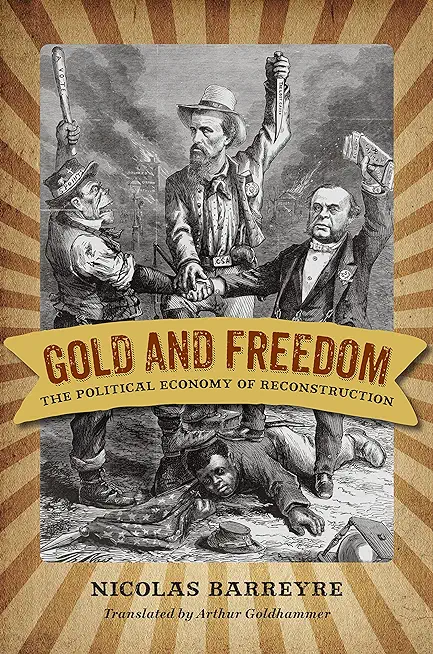
As a Democratic governor in traditionally Republican Iowa, Hughes, through his charismatic leadership, helped transform Iowa into a competitive two-party state while modernizing state government to make it more responsive to the contemporary needs of its citizens. Hughes was an outspoken leader against the Vietnam War and the American military as senator, and he exposed covert operations such as the illegal bombings of North Vietnam and Cambodia.
Relying upon his experience with alcoholism that nearly cost him his life, Senator Hughes spearheaded the creation of the National Institute of Alcohol Abuse and Alcoholism, which was founded on the principle that alcoholism is a disease, not a personal moral failure. Hughes's moral compass was guided by his Christian beliefs, steering him to politics left of center. In this way, Hughes was distinctive among other openly Christian politicians of his day, whose theology manifested in conservative politics.
Jerry Harrington's detailed Thunder from the Prairie is the first book-length treatment of Harold E. Hughes. The work fills major gaps in the history of Iowa and Midwestern political history, as well as the history of the "Long Sixties" (from the late 1950s to the early 1970s). Hughes was an impactful actor within the rise of postwar American liberalism, the conflict over the Vietnam War, and the civil rights movement, and led the effort to reform the Democratic Party to make it more open to women, minorities, and young people.







